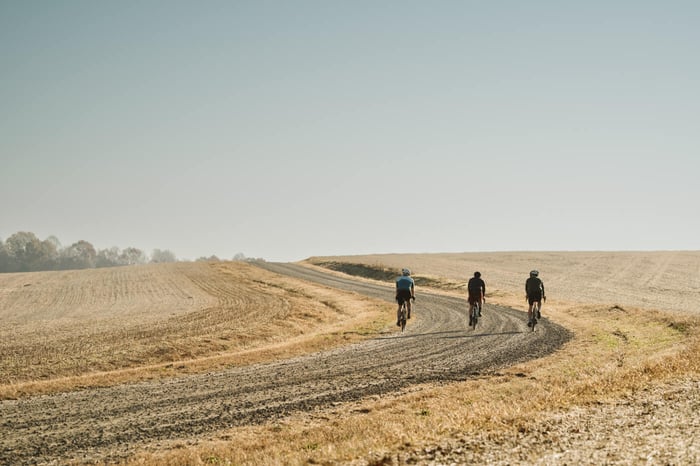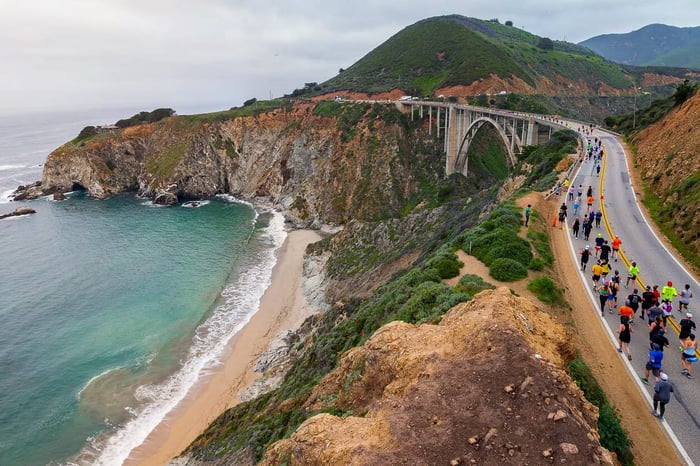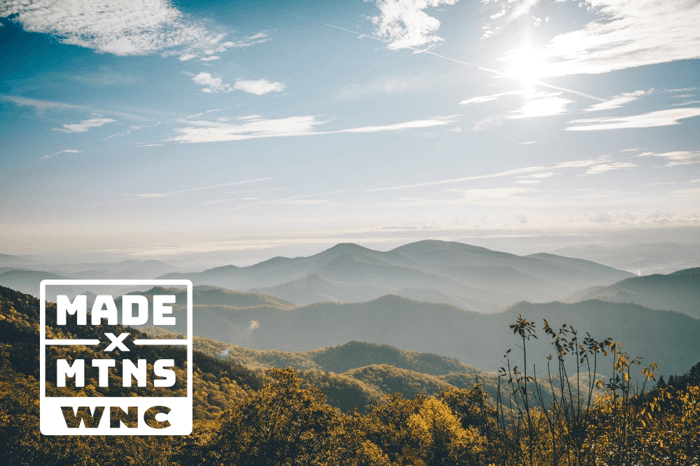Imagine what it takes to work in extremely rough, rocky, and exposed terrain along a remote 33.8 mile corridor at an elevation topping out at a height of 10,735 feet on Colorado’s Grand Mesa. Now imagine collaborating, designing, planning, and bringing to reality one of the country’s best mountain bike trails, rocketing 6,000 feet from the top of the Grand Mesa into downtown Palisade. But how about getting a bonus 2,000 feet of vertical in there? No problem. You’ve got an extra 2,000 feet of climbing and descent along the way.

This is what Singletrack Trails does. No problem. Founder Greg Mazu doesn’t really know where he stops and the company begins. “It’s tough to separate company and personal background,” describes Greg. “I am one with the company and have been for 18 years. I grew up in the Midwest, but eventually made my way to Colorado and got in with the state’s seasonal trail crew. I realized being a contractor was more sustainable, so I became one. I woke up one day and realized I was a company. I grew up riding bikes, and now own Singletrack Trails, a company that employs 49 people, and we’re growing coast to coast, border to border.”
Mazu isn’t afraid to start companies. As of now, he has five: Singletrack Trails, Tools for Trails (an online trail retailer), Backslope Tools (a tool manufacturer), Desert Rat Tours (a bike shuttle company in Grand Junction and Fruta), and he’s in the beginning stages of building Recreation Fabrication, a company that designs and manufactures custom bridges and recreation kiosks.

Describing the nuts and bolts of Singletrack Trails, Mazu explains, “We are an outdoor recreation development company. We build hiking, equestrian, biking, and motorcycle trails. We can do the design, build, or both to implement trail infrastructure.” The company has an ultimate foundation in sustainability and craft. Singletrack Trails is one of the only companies that still builds trails by hand- no matter what the scale. And the demand for their work is snowballing fast. From constructing the crown jewel of the Palisade Plunge near Grand Junction, Colorado to the re-route on Middle Black Mountain in Pisgah National Forest in Western North Carolina, it’s hard to keep up.
Mazu describes why this exploding one-of-a-kind company partners with Recover, “I know Bill has built Recover from the ground up just like us, and Recover gear is made to span different conditions across the country for our trail teams. We have people working in high humid areas, and they need a material that dries quickly like Recover Sport gear, versus a cotton tee shirt or the 50/50 Recover Classic tee, which work great for our teams in areas out West where things dry fast. Recover truly does its best to ensure environmentally-friendly manufacturing. They repurpose materials and keep them out of landfill- this makes a positive impact in the world we love to play in. Also, Recover’s headquarters is in one of our primary regions, and we love doing collaborations in areas to help raise money for local nonprofits and trail fundraisers.”

It takes a lot to bring a trail to fruition, and it takes a lot to maintain it. The Palisade Plunge on the Grand Mesa was designed by locals. It went from a conversation when a local group of friends was drinking beers to the 33 mile 8,000 foot descent that was completed in 2020- but it took a lot of work to get there.
“We can build low maintenance trails, but no one can build no maintenance trails,” explains Mazu. “A lot of people think trails are built by fairies and elves but they are truly built by nomads and misfits. A lot of organizations use volunteers, which some may consider to be ‘free,’ but a whole lot of money is needed to go into environmental planning for trails and staff to maintain them. Trails are just like any other infrastructure- roads, amphitheaters, etc. They are amenities most people want where they live.”

Mazu described the importance of such national legislation as the Great American Outdoors Act that helps fund trails nationwide, but also explained that funding cycles take time to catch up with something like the increases in use in trail infrastructure since the start of the COVID-19 pandemic.
At the end of the day, Greg Mazu values what trails give all of us. Describing why he loves what he does, Mazu notes, “To me, building trail infrastructure is providing outdoor recreation for people to disconnect and enjoy nature. That’s why we do it. I walk for a living and I roll for recreation. I want to be on something that forces me to engage in the trail and forces me to take a break from piles of emails. Trails allow us to disengage and rejuvenate ourselves.”







